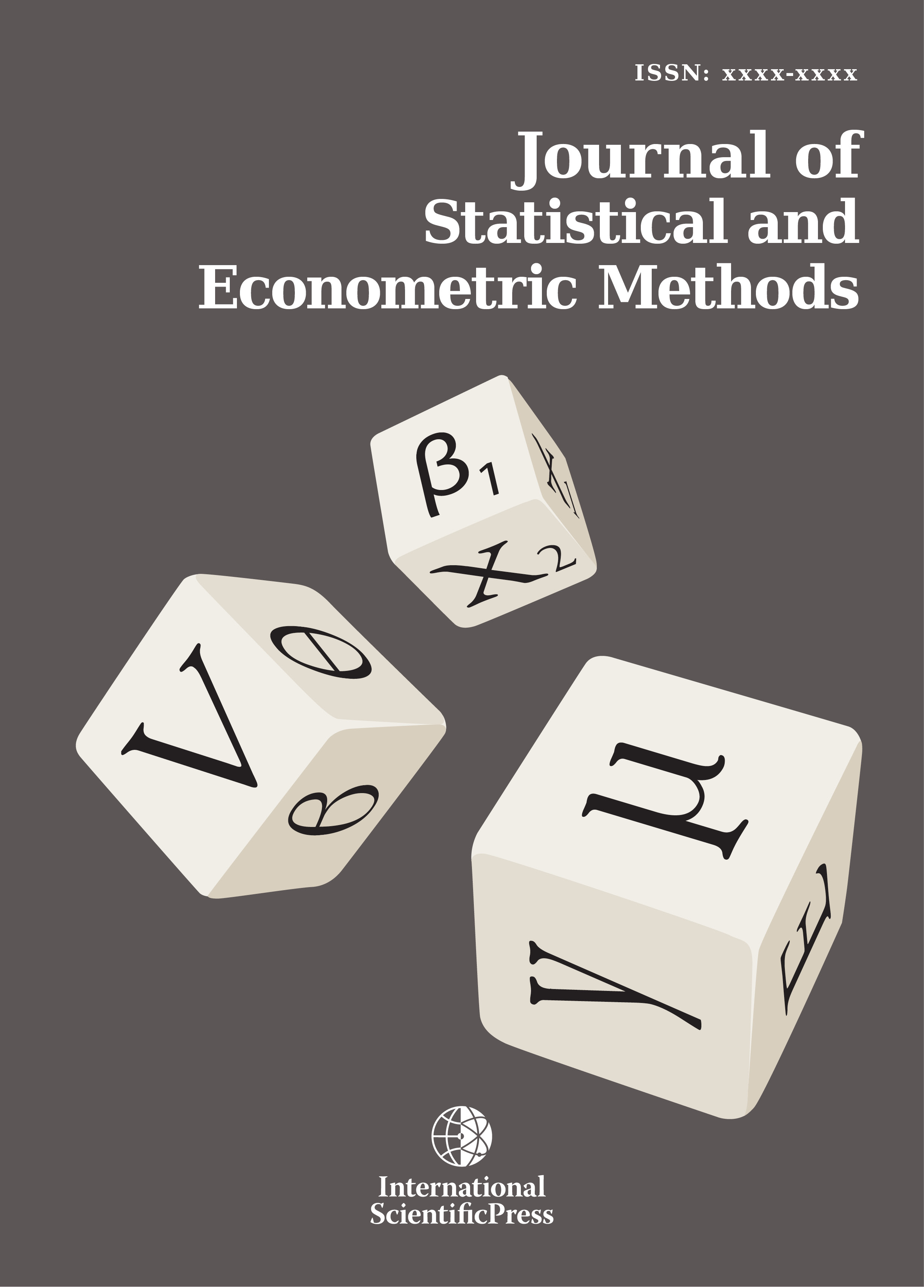Journal of Statistical and Econometric Methods
Aggregate Investment and Macroeconomic Policy Evaluation in Nigeria: Econometric Analysis of the Evidence
-
 [ Download ]
[ Download ]
- Times downloaded: 12967
Abstract
This study evaluated the impact of macroeconomic policy on aggregate investment in Nigeria over the sample period of forty three years. The Granger Two-Step method of co-integration and error correction estimation were adopted in the study. The study ascertained a significant positive impact of monetary policy on investment growth in Nigeria; the investment effect of trade policy is positive but insignificant while that of fiscal policy is absolutely negative and significant. Also, the results suggest that investment in Nigeria is dynamically unstable. Indeed, there is a long-run disequilibrium relationship between the growth of investment and macroeconomic policy in Nigeria. Hence, any short term disturbance in the equilibrating process of investors in relation to changes in the domestic interest rate, total government expenditures, trade openness and the amount of money in circulation will not be restored until probably when the government augments monetary policy with other economic policies such as the exchange rate and fiscal policies effect, if policy is to deliver the expected investment dividend to the Nigerian economy, the role of monetary policy should be optimal and the government ought to be effective in implementing fiscal policy in co-ordination with the CBN implementation of monetary and trade policies.
